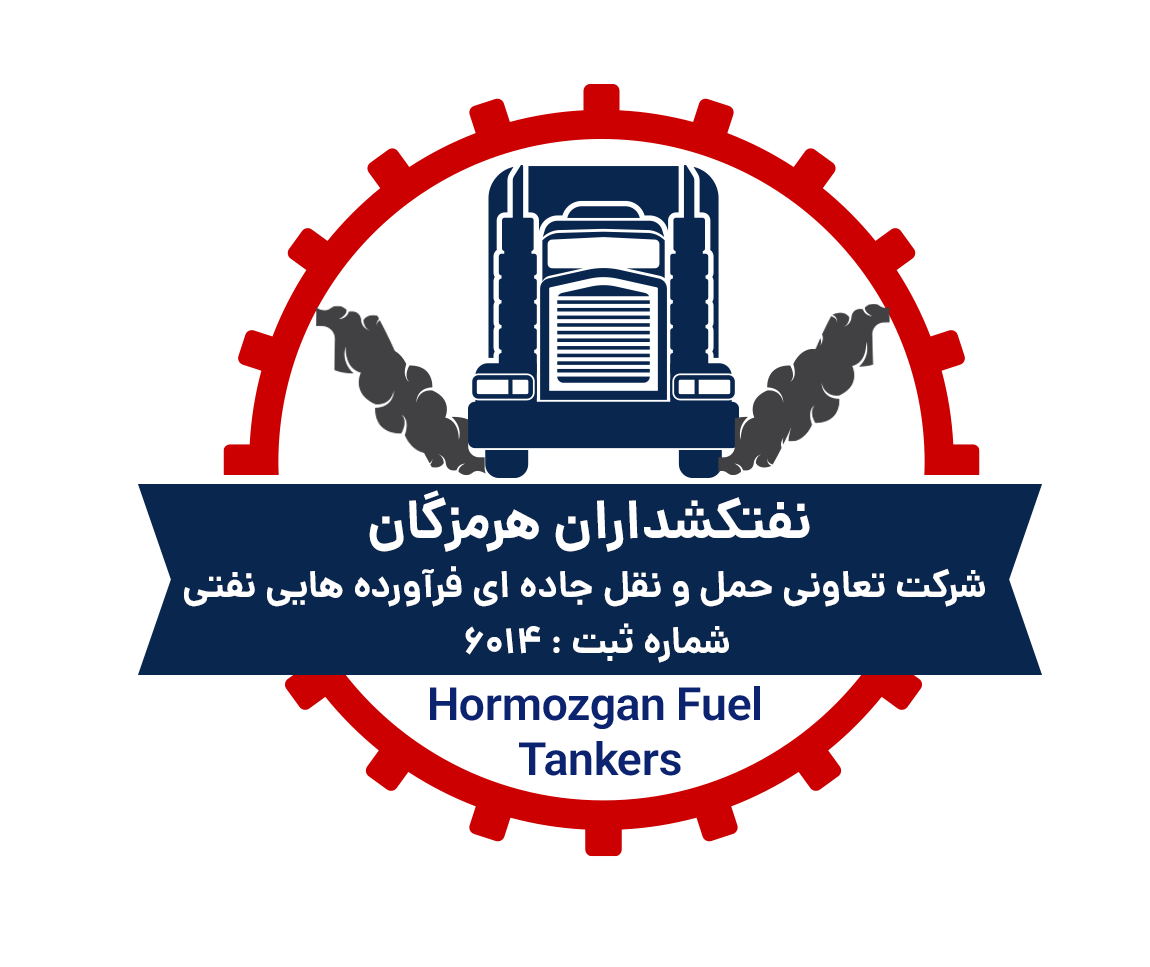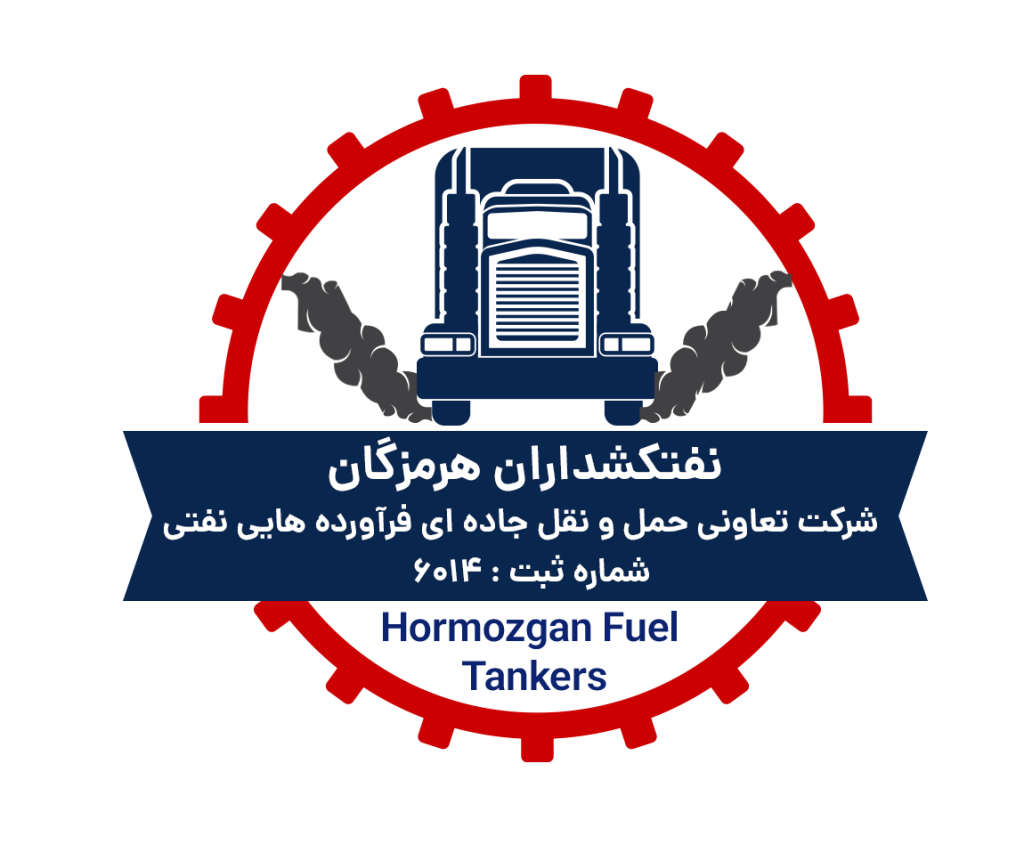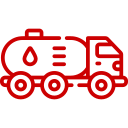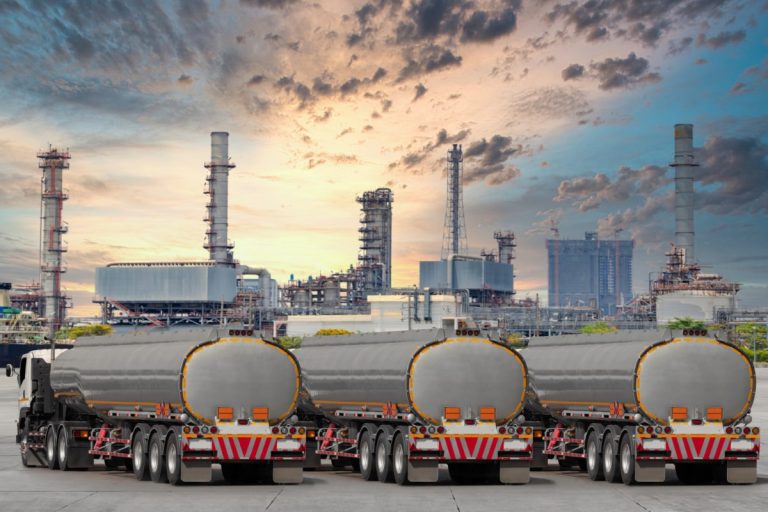In recent decades, various models of economic development have been explored, with cooperative enterprises emerging as a compelling example of community-based, equitable, and sustainable growth. As non-governmental and people-centered institutions, cooperative companies aim to distribute resources fairly, promote social justice, and facilitate grassroots participation in economic activities. By creating jobs, minimizing intermediary costs, increasing productivity, and ensuring the equitable distribution of profits, cooperatives play a vital role in inclusive economic development.
Legal and Social Standing of Cooperative Enterprises
Under Article 44 of the Constitution of the Islamic Republic of Iran and the Law on the Cooperative Sector of the Economy, cooperatives are officially recognized as a pillar of the national economy. These entities are established with the mission of engaging citizens in economic activities. A defining feature of cooperatives is their non-governmental and community-driven structure, meaning that ownership, management, and benefits belong directly to the members.
Cooperatives: A People-Centered Solution for Economic Challenges
Cooperatives are formed to address shared economic, social, and cultural needs. They operate through collective synergy, reducing dependency on middlemen, and promoting fairness. Unlike private or state-owned enterprises, cooperatives ensure equal participation in decision-making and distribute profits based on the extent of each member’s involvement. This fosters a strong sense of belonging, transparency, and accountability among members.
Driving Local Business and Grassroots Empowerment
In less-developed regions or sectors where government support is limited, cooperatives are highly effective in filling economic gaps. By leveraging local capacities and human resources, they contribute to sustainable development and self-sufficiency. They also align well with the principles of a resilient economy, reducing reliance on state budgets and enhancing internal economic capacity. In doing so, cooperatives provide a scalable model for community-driven progress.
Hormozgan Fuel Tanker Cooperative: A Model of Effective People’s Participation
A prominent example in this field is the Hormozgan Fuel Tanker Cooperative, a road-based fuel transportation company that operates through a cooperative framework. This enterprise has generated employment for dozens of drivers, administrative personnel, and logistics workers while also improving service quality, complying with safety and technical standards, and promoting transparency.
What sets this company apart is that it operates independently of government funding, relying solely on the financial and human capital of its members. Profits are reinvested to improve services and enhance member welfare—demonstrating how a well-managed cooperative can become an engine of growth and collective prosperity.
Conclusion
Cooperative enterprises offer a practical manifestation of people-centered and resilient economic models. They blend financial objectives with social accountability, unlocking human potential and regional capacity. The case of Hormozgan Fuel Tanker Cooperative proves that cooperatives can thrive in critical sectors like fuel transportation while ensuring shared benefits and long-term sustainability.
Supporting such organizations is not only a strategic choice for governments but also an empowering option for citizens to become stakeholders in economic development.
Keywords
Cooperative company, people’s economy, non-governmental organizations, local development, Hormozgan Fuel Tanker Cooperative, job creation, sustainable business, resilient economy, economic justice, fuel transport
References
1.Constitution of the Islamic Republic of Iran – Article 44
2.Law on the Cooperative Sector of the Islamic Republic of Iran
3.Ministry of Cooperatives, Labour and Social Welfare – Annual Cooperative Reports
4.Internal reports and achievements of Hormozgan Fuel Tanker Cooperative
5.Comparative Study of Cooperative Models in Developed Countries – Islamic Economics Quarterly
